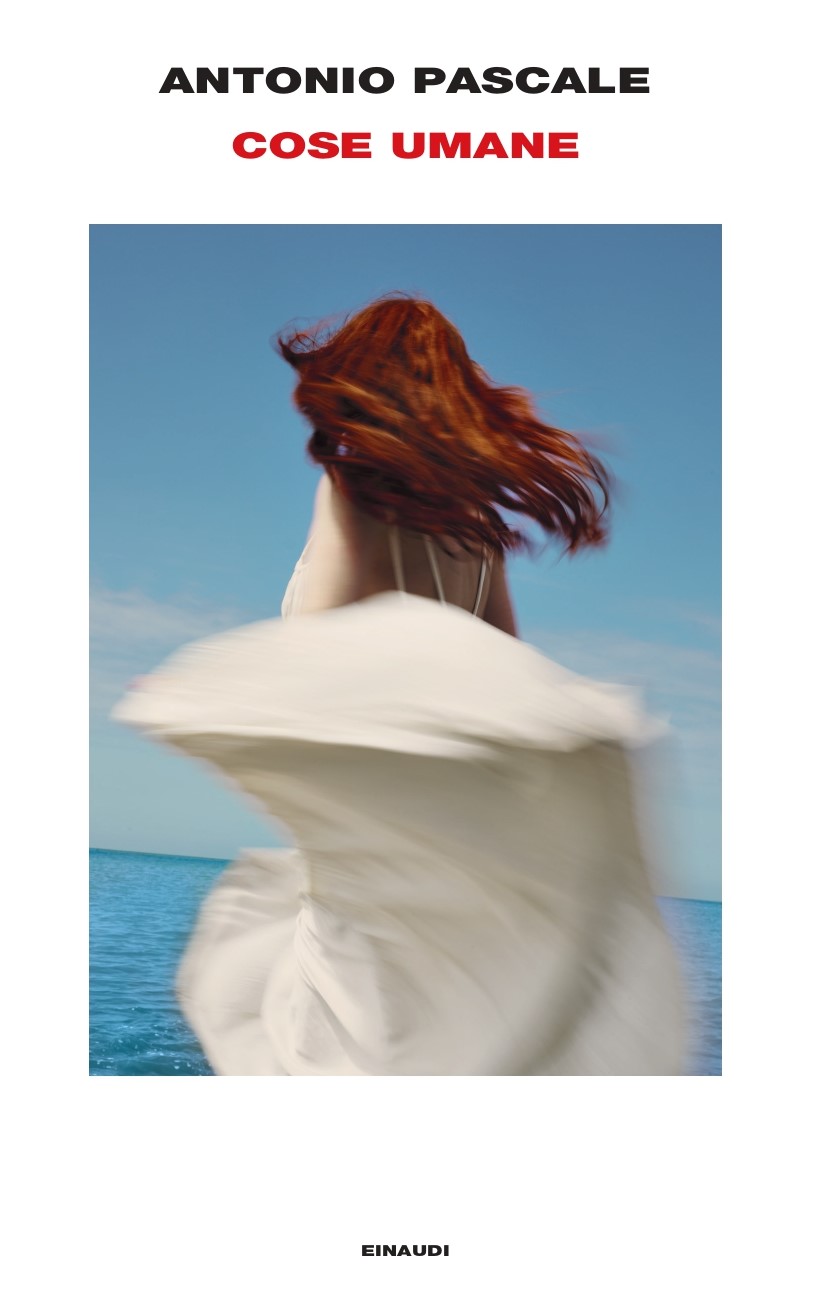Author:
Antonio Pascale
Publisher:
Einaudi
Release Date:
06-05-2025
Sun-drenched, deserted streets that seem to fade into the horizon, the shutters closed, a granitic silence − there are eight billion of people in the world, but in Caserta, in August, there seems to be no one. At Antonio’s parents’ house, the sun hardly ever enters: the fault of his mother, who would always like to be in the dark, and in the dark to sleep, and in sleeping, possibly to go away to the other world. Antonio comes and goes from Rome to be with her, but you know: traveling is a great way to set inspiration in motion. What better time, then, to work on a new work? Not a book, but an installation − like the ones he did with Caterina, the tormented love of his youth − to tell the story of the revolution that transformed Italy in a few decades: from Pinocchio’s country, marked by hunger and misery, to MasterChef, the kingdom of abundance. His story has everything in it: a peasant grandfather who reeks of manure and a foreman who smells of turpentine, relatives who were miners in Belgium, a half-witch great-aunt who looks like something out of an Ernesto De Martino book, a father who emancipated himself from working in the fields and ended up at the Agricultural Inspectorate, a mother who is a teacher who taught half the neighborhood to write and who today remembers almost nothing of her life, and then edits, arranges, invents, worse than a novelist. And then there are the friends who emigrated to the North, those who stayed in town, the speculators, the strunz’ and the sfaccimm’, the Camorra girls and those who are loved, reviled, disputed. And finally there is Susanna, the daughter in her early twenties, who studies artificial intelligence and wants to live in the country. Her wry voice −or perhaps that of a bot that resembles her − is a counterpoint to her father’s idiosyncrasies, forcing him to look out into the future that awaits us when the MasterChef era is also gone. Relentless and full of feeling, Pascale’s writing delivers a gallery of characters who are tender, mean, violent, vulnerable, and impossible to forget because they are real.

